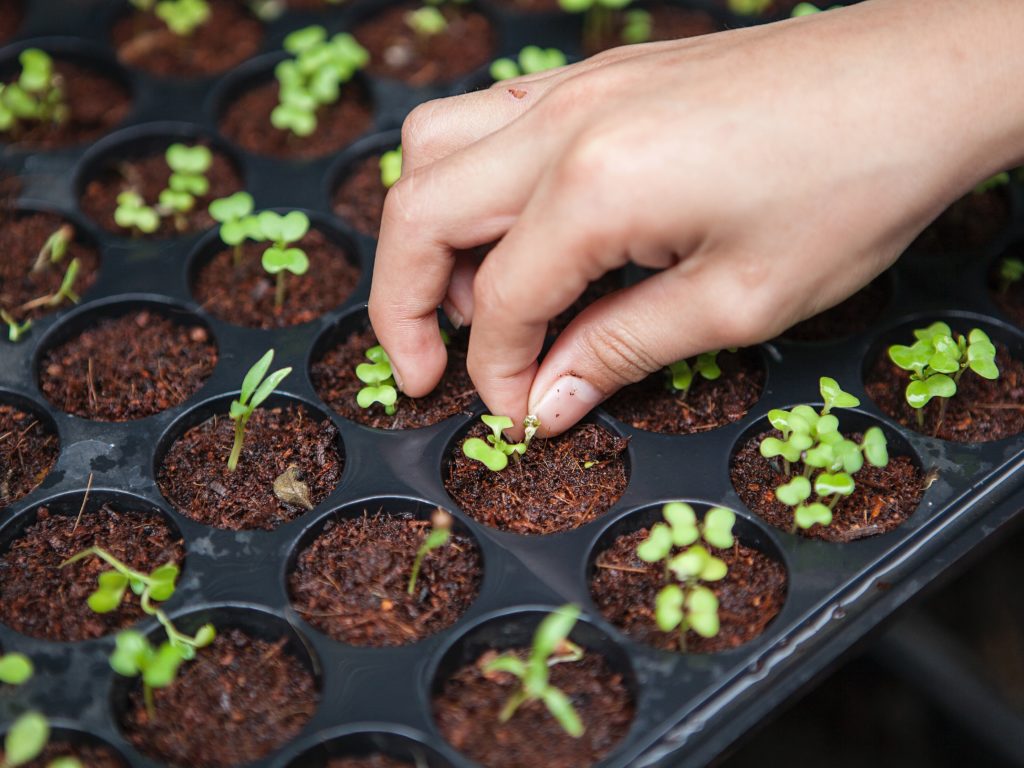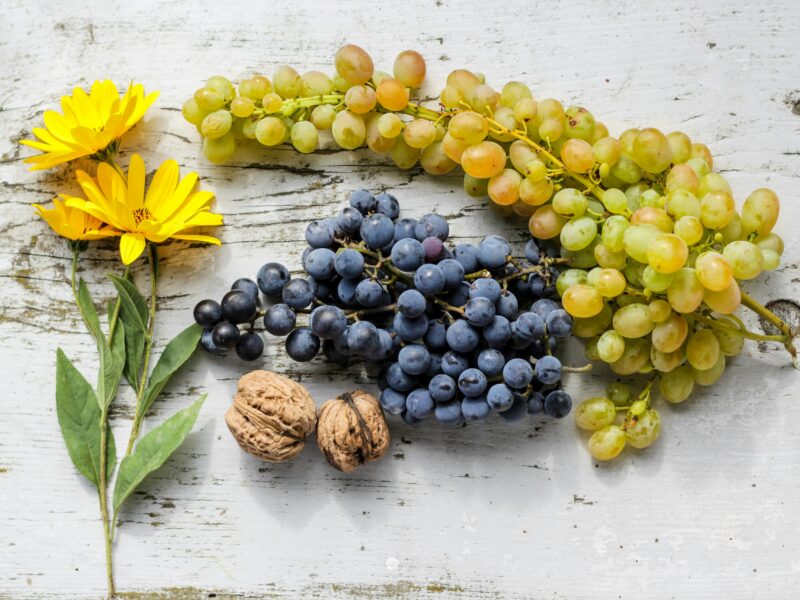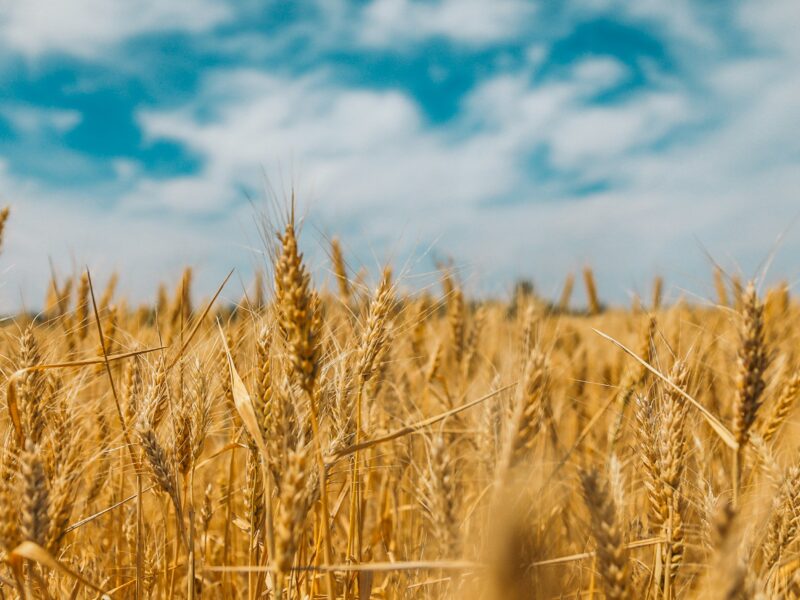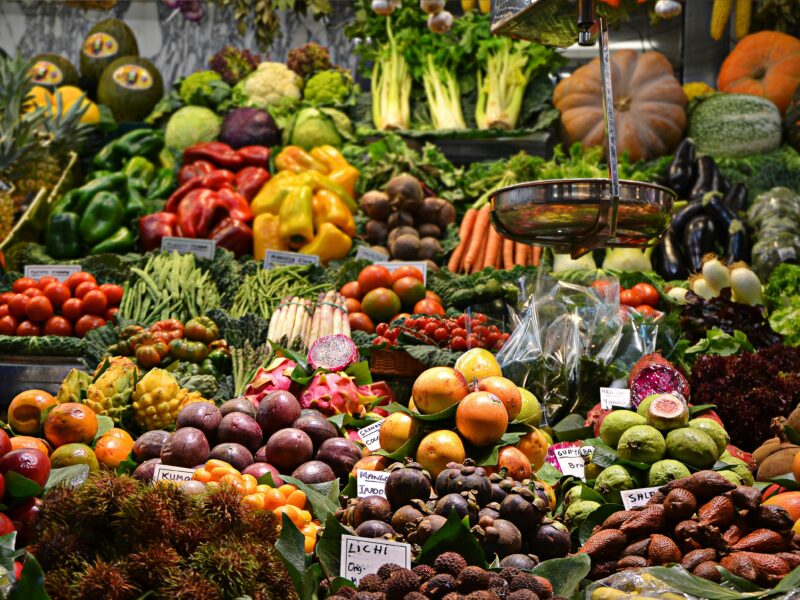The Packer’s Fresh Trends 2023 consumer survey explores reasons behind organic demand. The survey sought responses on the motivations behind organic produce purchases, along with information on where consumers shop and how much of premium buyers said they would be willing to pay. Organic beverages were the second-strongest category behind produce in terms of sales value in 2022, returning $9bn in sales last year. The OTA reported that ‘Certified Organic’ accounts for 6% of total food and beverage sales in the US. Coffee was the best-selling organic drink in the US market in 2022, a year of record organic food and beverage sales revenues in the country. Oregon’s organic farming sector continues to expand in acreage and sales, according to several new studies. Oregon more than doubled its organic acreage between 2008 and 2021, from 105,600 acres to 228,000 acres, according to the National Agricultural Statistics Service. The state’s expanding organic sector reflects a broader national trend. On May 10, the Organic Trade Association reported organic food sales in the U.S. in 2022 hit $60 billion for the first time. Total organic sales, including non-food products such as cosmetics, hit a record $67.6 billion. Wholesum, Fair Trade Certified grower and shipper of organic farm-fresh vegetables are treading the path to becoming a more fully integrated farm by building in-house capabilities to produce organic seeds. Wholesome “As organic growers, we envision a future where organic seeds and the resources to produce them are more widely available. We support investments in organic plant breeding and seed research and feel that moving the needle forward in this area will help organic production thrive,” said Theojary Crisantes Jr., chief operations officer. The project began in 2022 and will continue to be a growing capacity of Wholesum’s operation. Natural and organic grocers are finding new ways to differentiate. Companies like Sprouts and Whole Foods have refined their strategies to stay ahead of conventional competitors. But will consumers notice amid ongoing inflation?
Natural and organic grocers are finding new ways to differentiate
Companies like Sprouts and Whole Foods have refined their strategies to stay ahead of conventional competitors. But will consumers notice amid ongoing inflation?
Coffee leads US organic beverage growth
Organic beverages were the second-strongest category behind produce in terms of sales value in 2022, returning $9bn in sales last year. The OTA reported that ‘Certified Organic’ accounts for 6% of total food and beverage sales in the US. Coffee was the best-selling organic drink in the US market in 2022, a year of record organic food and beverage sales revenues in the country.
https://www.just-drinks.com/news/coffee-leads-us-organic-beverage-growth/
Fresh Trends 2023 explores reasons behind organic demand
The Packer’s Fresh Trends 2023 consumer survey explores reasons behind organic demand. The survey sought responses on the motivations behind organic produce purchases, along with information on where consumers shop and how much of premium buyers said they would be willing to pay.
https://www.thepacker.com/news/retail/fresh-trends-2023-explores-reasons-behind-organic-demand
Wholesum adds organic seed production to its portfolio of organic innovation
Wholesum, Fair Trade Certified grower and shipper of organic farm-fresh vegetables is treading the path to becoming a more fully integrated farm by building in-house capabilities to produce organic seeds. Wholesome“ As organic growers, we envision a future where organic seeds and the resources to produce them are more widely available. We support investments in organic plant breeding and seed research and feel that moving the needle forward in this area will help organic production thrive,” said Theojary Crisantes Jr., chief operations officer. The project began in 2022 and will continue to be a growing capacity of Wholesum’s operation.
Oregon’s organic sector continues to grow
Oregon’s organic farming sector continues to expand in acreage and sales, according to several new studies. Oregon more than doubled its organic acreage between 2008 and 2021, from 105,600 acres to 228,000 acres, according to the National Agricultural Statistics Service. The state’s expanding organic sector reflects a broader national trend. On May 10, the Organic Trade Association reported organic food sales in the U.S. in 2022 hit $60 billion for the first time. Total organic sales, including non-food products such as cosmetics, hit a record $67.6 billion.









